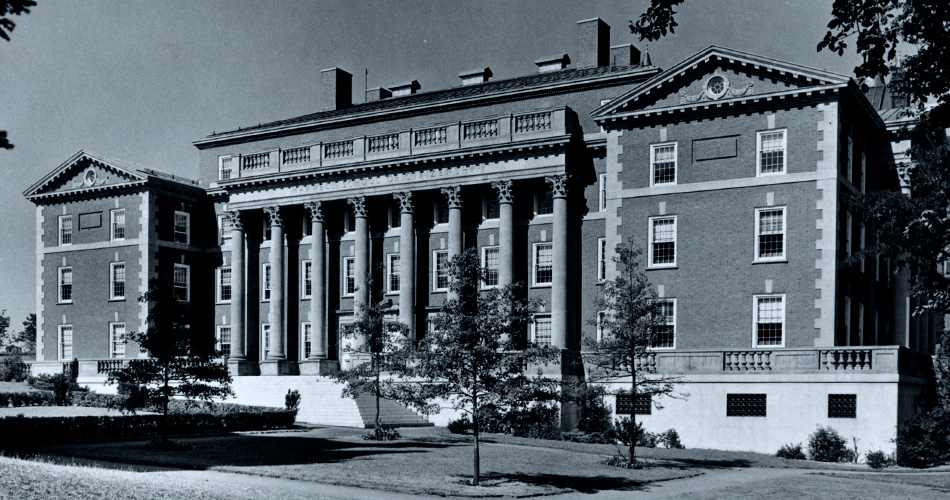Trade, Development, and Political Economy presents: Bernardo Blum
112 Eggers Hall
Add to: Outlook, ICal, Google Calendar
Open to
Public
Contact
Accessibility
Contact to request accommodations

We’re Turning 100!
To mark our centennial in the fall of 2024, the Maxwell School will hold special events and engagement opportunities to celebrate the many ways—across disciplines and borders—our community ever strives to, as the Oath says, “transmit this city not only not less, but greater, better and more beautiful than it was transmitted to us.”
Throughout the year leading up to the centennial, engagement opportunities will be held for our diverse, highly accomplished community that now boasts more than 38,500 alumni across the globe.